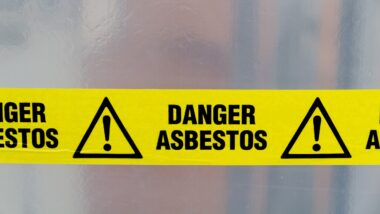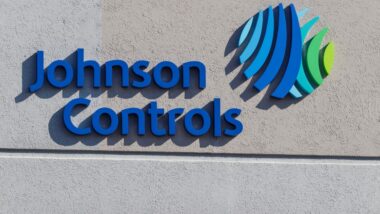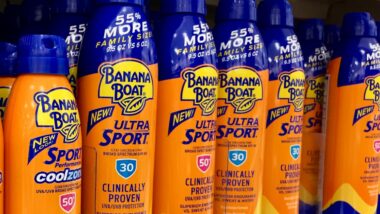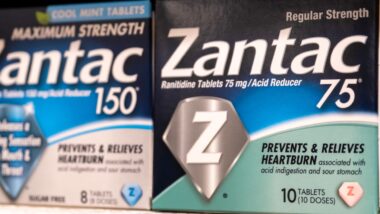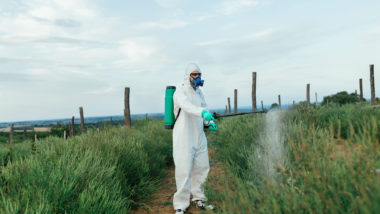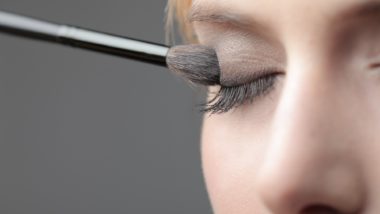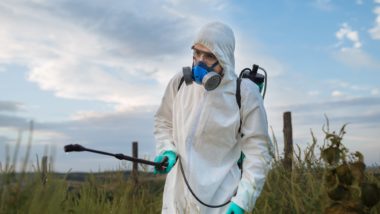Top Class Actions’s website and social media posts use affiliate links. If you make a purchase using such links, we may receive a commission, but it will not result in any additional charges to you. Please review our Affiliate Link Disclosure for more information.
Monsanto has settled a class action Roundup false advertising lawsuit for more than $39 million after plaintiffs alleged that the company falsely claimed the main active component of Roundup Weed & Grass Killer only affects plants, according to reporting by Law360. The settlement includes a change to the labels on Monsanto products.
According to the Food and Drug Administration (FDA) glyphosate is the primary active ingredient most widely used in herbicides. It can kill weed and grasses by targeting an enzyme needed for plant growth. The Environmental Protection Agency (EPA) has stated there are “no risks of concern to human health” from using glyphosate-based products, but environmental and farmworkers groups disagree, according to Chemical & Engineering News, and are challenging the EPA.
Glyphosate Health Risks
A meta-analysis of research studying the effects of glyphosate on humans found that people exposed to glyphosate-based herbicides (GBHs) saw an increased risk from non-Hogkins lymphoma (NHL) of 41 percent. The study also found links between GBH exposure and immunosuppression, endocrine disruption, and genetic alterations. According to CNN, Bayer, Monsanto’s parent company, called this study a “statistical manipulation” with “serious methodological flaws”.
The World Health Organization’s (WHO) International Agency for Research on Cancer (IARC) classified glyphosate as a probable carcinogen in 2015, according to CNN. The MotleyFool reports that Monsanto went on to make nearly $5 million in revenues from herbicide sales in 2016. Given that the recent Roundup false advertising lawsuit includes a provision to change the labeling of glyphosate products to remove language implying that the chemical only affects plants, it’s likely that those who bought the products making up that $5 million in 2016 weren’t aware of the possible risks to their health.
Roundup False Advertising Class Action
Plaintiff and Class representative Lisa Jones filed a Roundup false advertising lawsuit alleging that labels on Roundup Weed and Grass Killer state that glyphosate only affects plants. Jones alleges that the enzyme glyphosate is actually found in plants, pets, and people. The enzyme is “critical” for digestion, brain function, and maintaining a healthy immune system, according to the suit.
According to Law360, similar claims were made against Monsanto in 2017 in Blitz v. Monsanto filed in Wisconsin federal court, but the court denied the class certification. After the certification was denied, plaintiff Thomas Blitz continued an individual suit. Blitz filed a stipulation of voluntary dismissal of his case on March 23. Litigation in this and other Roundup false advertising suits helped contribute to the Jones settlement.
The Monsanto False Advertising lawsuit is Jones et al. v. Monsanto Co., Case No. 4:19-CV-000102 in the U.S. District Court for the Western District of Missouri.
 Settlement for Roundup False Advertising
Settlement for Roundup False Advertising
Law360 reports that, of the $39.5 million settlement, up to 25 percent will go towards attorney fees while another $1.3 million will be put towards administrating the settlement. Class members with proof of purchase or a statement under oath can make a claim for 10 percent of the weighted price of the Roundup products they bought. After the claims are paid out, leftover funds will go to charitable organizations chosen by the parties later.
As a part of the settlement agreement, Monsanto will phase out the labels claiming glyphosate blocks an enzyme only found in plants. This language will be replaced by a statement claiming glyphosate targets an enzyme “essential for plant growth”. It’s unclear whether a further warning of the risks of this chemical will be added, as well, but it is unlikely given Monsanto’s continued claims that their product is perfectly safe.
Any consumers who purchased products from Monsanto including the old labeling will be eligible to make a claim under this suit.
Monsanto’s Roundup Class Actions
This is not the first class-action Monsanto has faced lawsuits regarding their herbicides, and not all of those suits involve Roundup false advertising. According to Law360, three trials have been held against the company over Roundup cancer, particularly non-Hodgkins lymphoma, and Roundup has lost each time. The first case ended in Monsanto being ordered to pay $78 million, and the second called for $80 million. The third, a case involving a married couple who were both diagnosed with cancer after using Roundup products, had Monsanto ordered to pay out $2 billion. A fourth case has been filed in St. Louis but has been put on hold.
If you or a loved one developed cancer after using Roundup as a farm worker or home gardener, you may have a legal claim. Legal migrant farm workers may also seek help. Learn more by filling out the form on this page for a FREE case evaluation.
ATTORNEY ADVERTISING
Top Class Actions is a Proud Member of the American Bar Association
LEGAL INFORMATION IS NOT LEGAL ADVICE
Top Class Actions Legal Statement
©2008 – 2024 Top Class Actions® LLC
Various Trademarks held by their respective owners
This website is not intended for viewing or usage by European Union citizens.
Get Help – It’s Free
Join a Free Roundup Cancer Class Action Lawsuit Investigation
For the most up-to-date information on this case, click here.

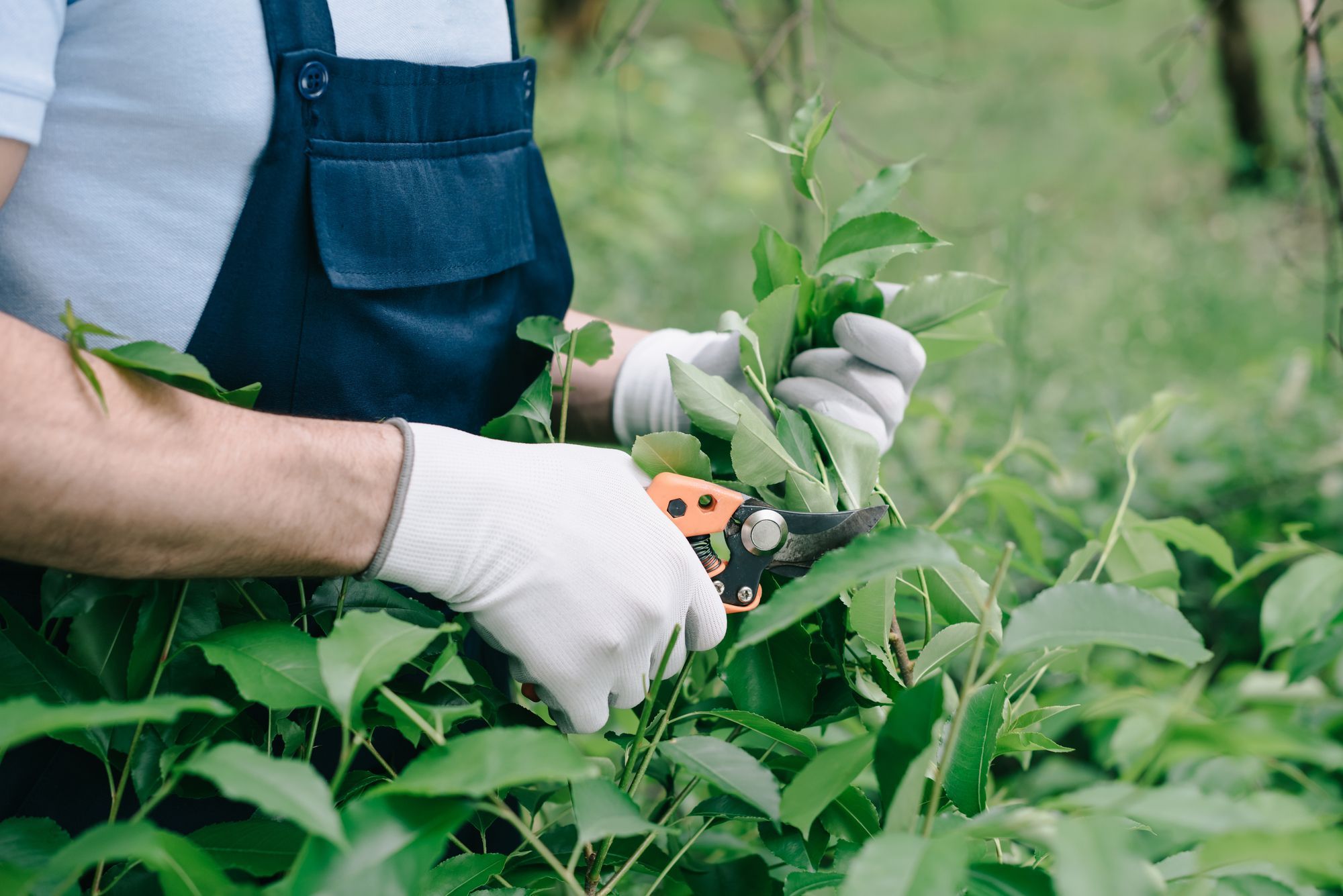
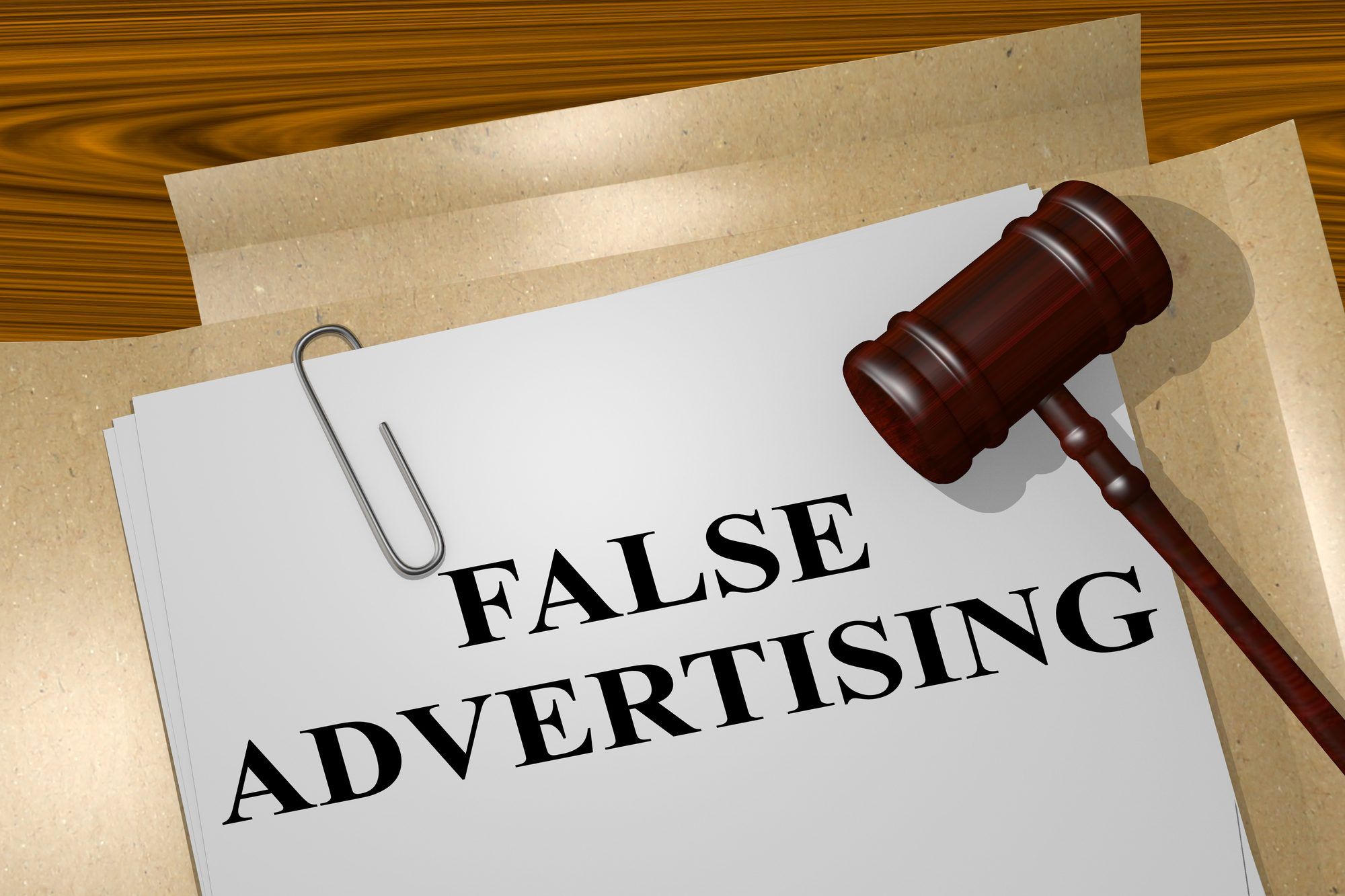 Settlement for Roundup False Advertising
Settlement for Roundup False Advertising